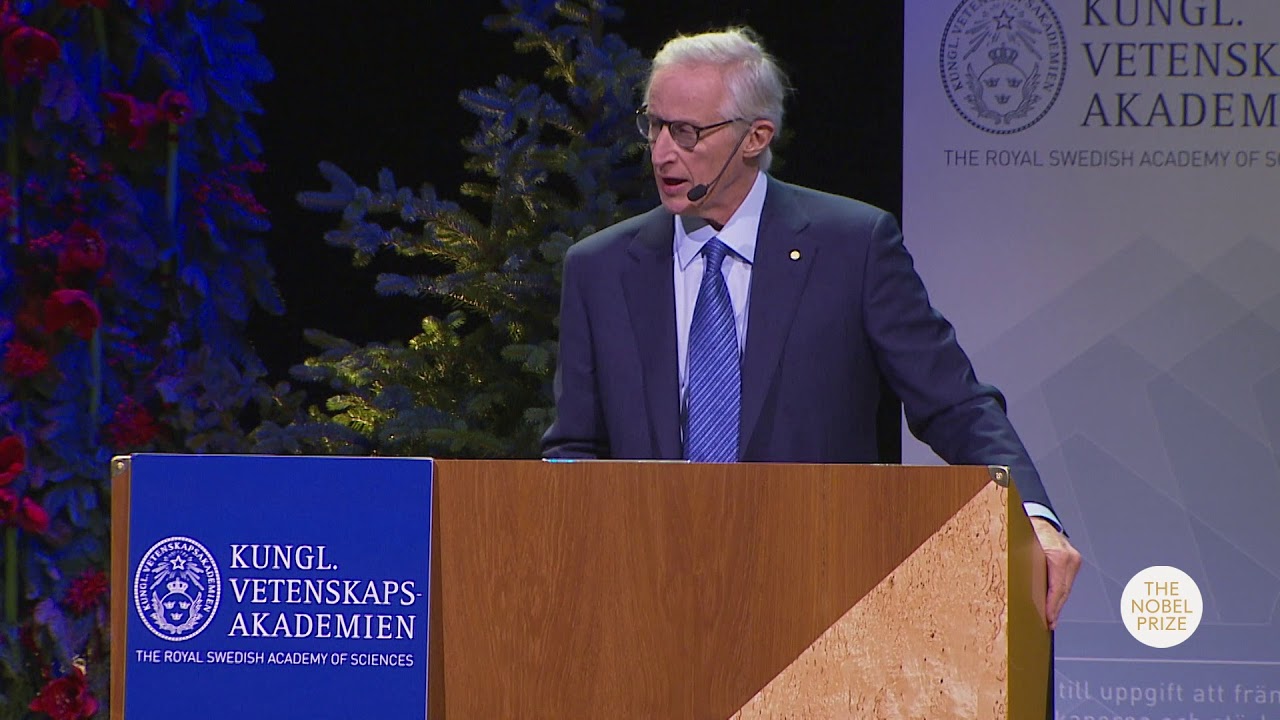The 2021 Nobel prize in physics has been awarded to Syukuro Manabe and Klaus Hasselmann for their groundbreaking work in understanding the earth’s climate and how humanity influences it, and to Giorgio Parisi for his work on disordered materials and random processes. We would like to congratulate the awardees for the recognition of their contributions.
With it’s choice, the committee has once again recognized the importance of modeling to understand and combat climate change.
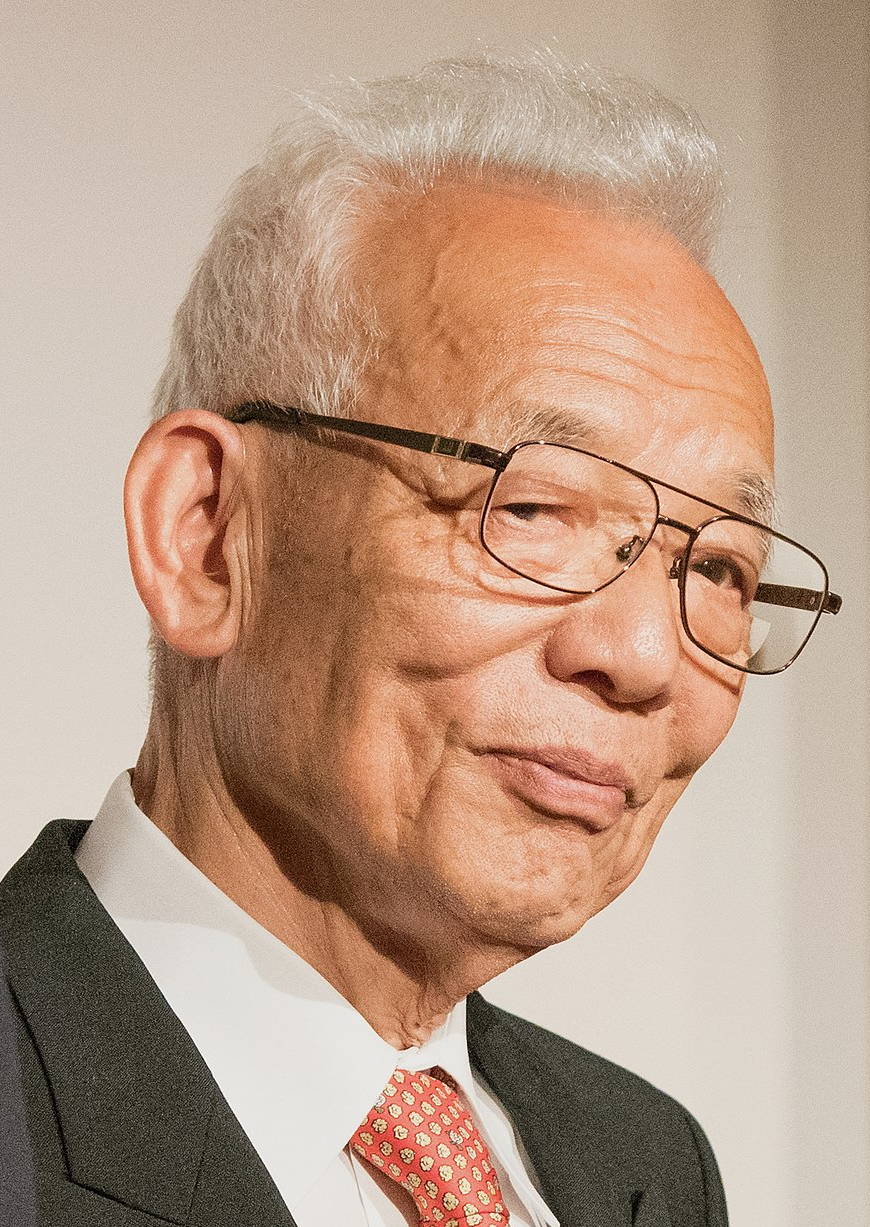
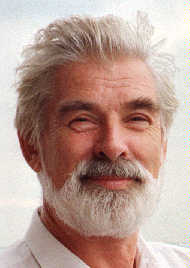
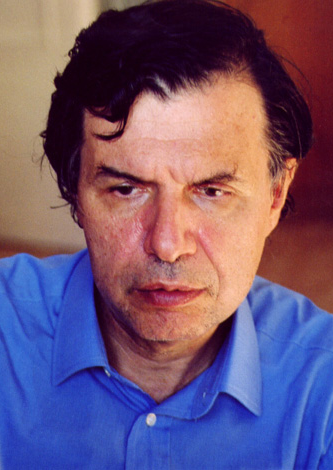
In many areas, from medicine to astronomy and climate change, models to understand the physical world are – at their core – systems of coupled differential equations. These models are used to calculate the evolution of a complex system with respect to time. They can often reproduce tipping points or other emergent properties of the studied systems, which are outside of what people can grasp intuitively.
In contrast to physical models, in economics research other modeling techniques are prevalent, mostly originating in the field of operations research, where models are formulated as systems of equations that are solved to find some optimum or equilibrium. These types of models can give answers in areas such as economic productivity, pricing of goods and services, trade balances and so forth. Algebraic modelling languages such as GAMS have a strong tradition in these economic modeling areas, and make the power of optimization accessible to domain experts who typically are not optimization experts.
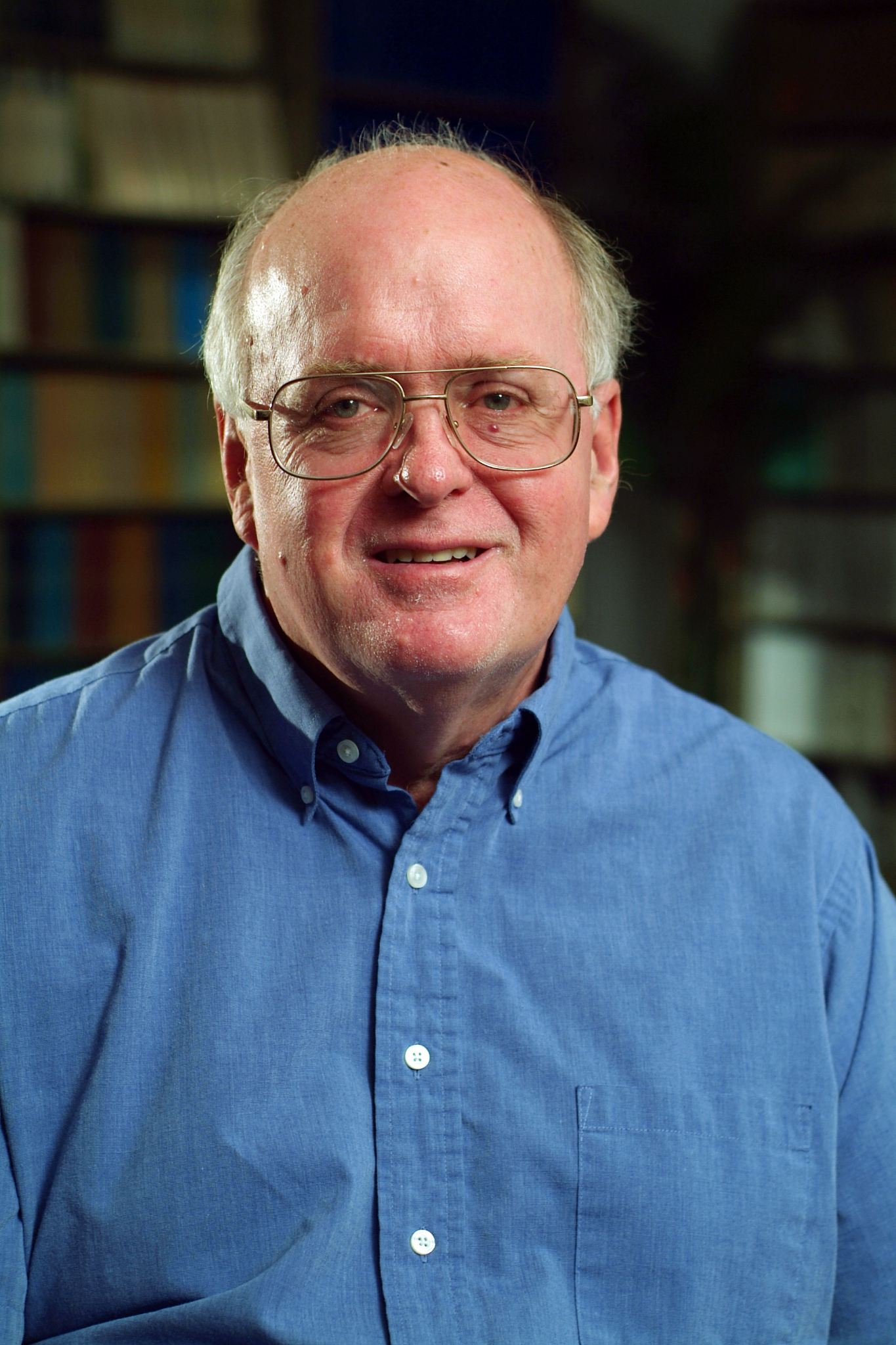
Back in 2007, the International Panel on Climate Change (IPCC) was awarded the Nobel Peace Prize together with Al Gore. One of the great accomplishments of the IPCC scientists had been the recognition of the need for dialogue between the modelers of the physical world and the economic modelers: We need information about societal and economic consequences of inaction, and also information about the cost of action when combating climate change.
Here at GAMS we are fortunate to have a long standing relationship with one of the members of the IPCC, Prof Bruce McCarl from Texas A&M. Prof McCarl uses GAMS to model the impact of climate change on farming . He still actively contributes to the continuous improvement of GAMS with his suggestions, and is also the author of the Bruce McCarl newsletter on GAMS.
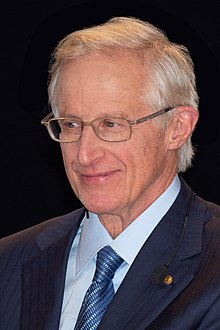
After the Nobel Peace Prize in 2007, in 2018 the committee again chose to award the Nobel Prize to scientists working on the impact of climate change, this time in the category of Economic Sciences.
Next to Paul M. Romer, who received his medal for work on how technological change affects economic growth, William D. Nordhaus was awarded his prize for work on integrating climate change into long-run macroeconomic analysis. He had developed the “Dynamic Integrated Climate-Economy ” (DICE) model (implemented in GAMS) for his work. This model is typical of a class of models called “integrated assessment models” (IAMs), which link economic modeling with climate modeling, and are now established tools in the analysis of climate change impacts.
In his prize lecture, Prof Nordhaus explains the results of his research:
We are very proud to be the maker of one of the (many) different computational tools used by the modeling community and celebrate this nobel prize accordingly.
En applåd för modellering!


